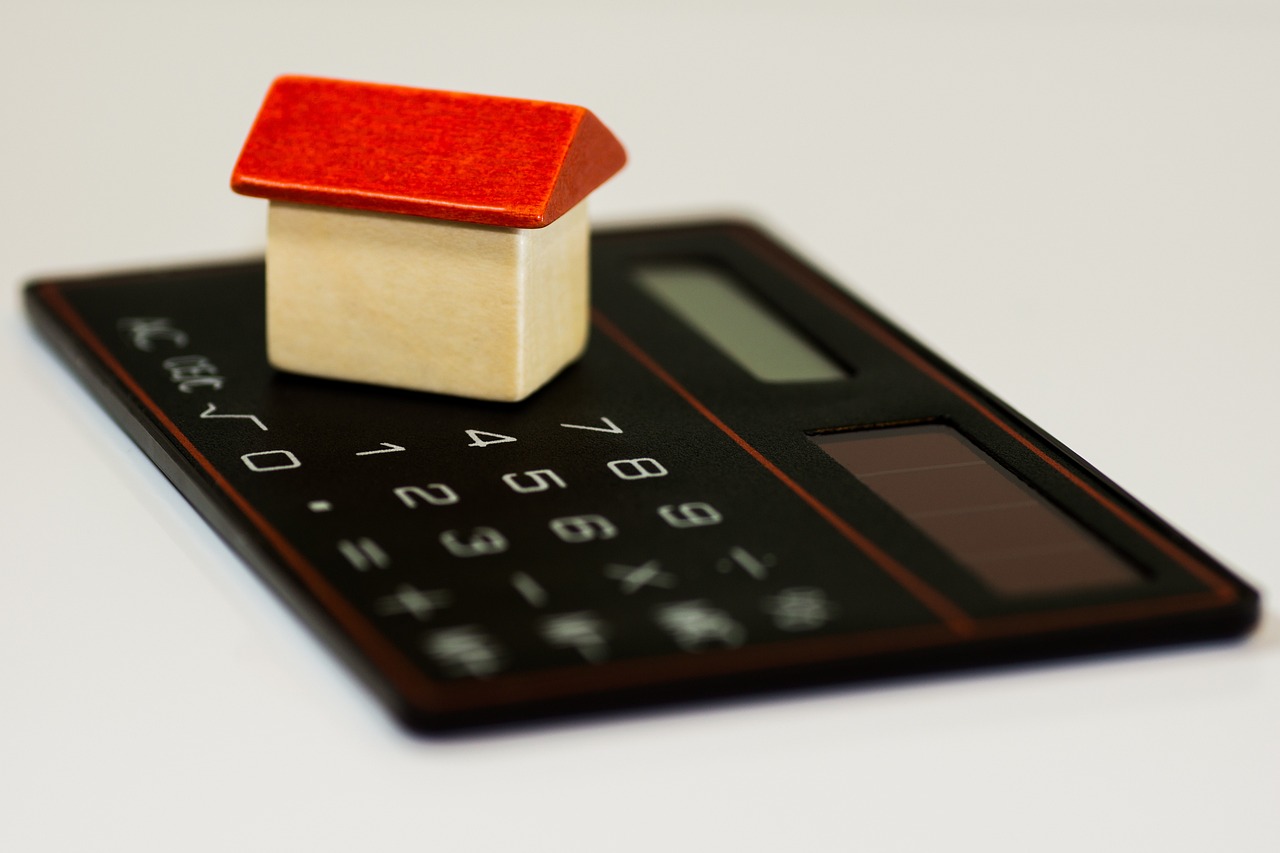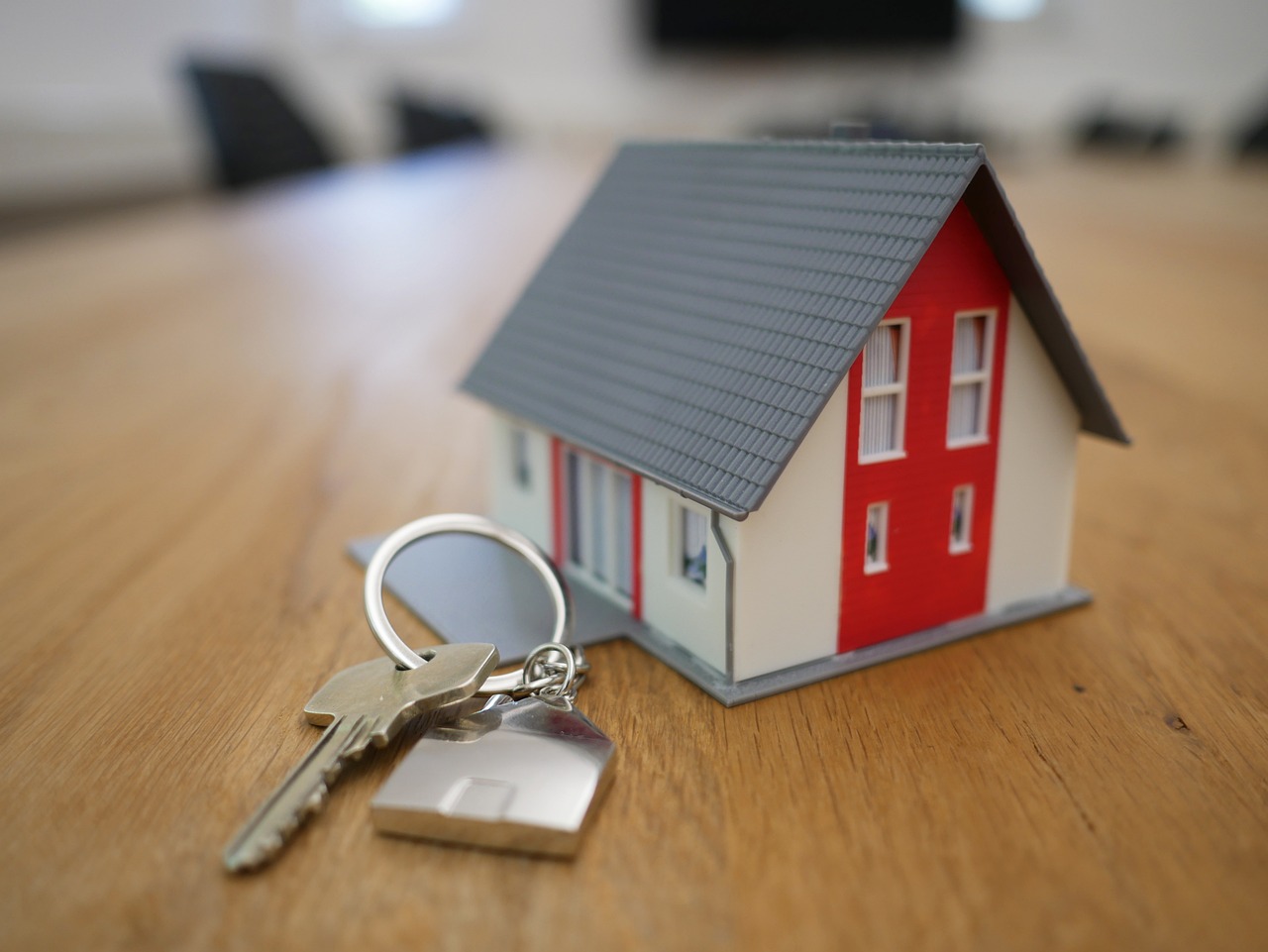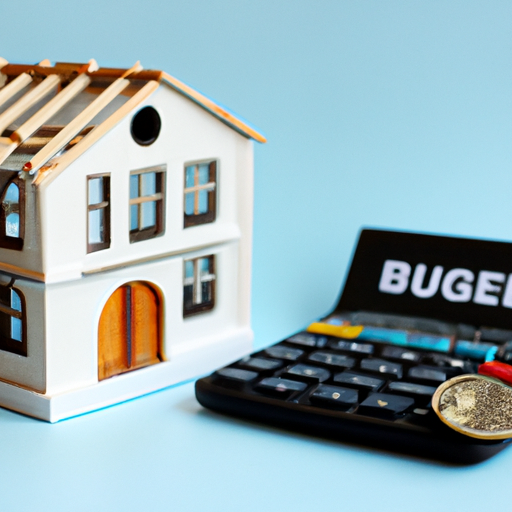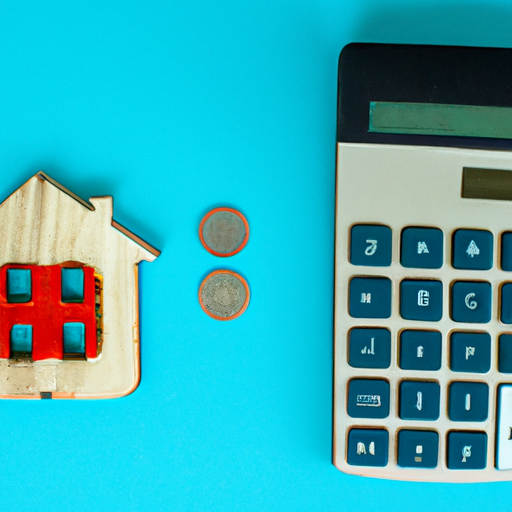When it comes to buying a house, one of the most important questions on your mind is undoubtedly how much you can afford to spend. Deciding on a budget can be a complex task, but fear not, because help is at hand! In this article, we will guide you step-by-step through the process of determining how much you can comfortably afford to spend on your dream home. By considering key factors such as your income, expenses, and financial goals, you’ll be equipped with the knowledge and confidence to make a well-informed decision. So, let’s dive right in and take the guesswork out of your home buying journey!

Calculate Your Income
Determine your gross monthly income
To determine how much you can afford to spend on a house, it’s crucial to first calculate your gross monthly income. This includes all sources of income before any deductions, such as taxes or retirement contributions. Consider your primary employment income, any additional income streams like rental properties or investments, and any other consistent sources of money coming in each month.
Calculate your monthly debt obligations
Once you have determined your gross monthly income, the next step is to calculate your monthly debt obligations. This includes any recurring monthly payments towards debts such as credit card payments, student loans, car loans, or personal loans. Make sure to include the minimum payment amount for each debt. Subtracting your monthly debt obligations from your gross monthly income will give you a better understanding of how much you have left to allocate towards your housing expenses.
Calculate your disposable income
After subtracting your monthly debt obligations from your gross monthly income, you will arrive at your disposable income. This is the amount of money you have available each month to spend on housing, savings, and other discretionary expenses. Knowing your disposable income will help you determine a realistic budget for your house buying process.
Assess Your Debt-to-Income Ratio
Understand the debt-to-income ratio
The debt-to-income (DTI) ratio is a crucial factor that lenders consider when evaluating your loan application. It measures the percentage of your monthly income that goes towards paying debts. Lenders use this ratio to assess your ability to handle additional debt, such as a mortgage payment. A lower DTI ratio indicates a lower risk borrower, whereas a higher DTI ratio may make lenders more hesitant to approve your loan application.
Calculate your debt-to-income ratio
To calculate your debt-to-income ratio, divide your total monthly debt obligations by your gross monthly income, and then multiply the result by 100. For example, if your total monthly debt obligations amount to $2,000 and your gross monthly income is $6,000, your DTI ratio would be 33.33% ($2,000 / $6,000 x 100). Typically, lenders prefer a DTI ratio of 36% or lower, but it may vary based on the type of loan you are applying for.
Consider Your Down Payment
Determine the minimum down payment required
Before finalizing your house budget, determine the minimum down payment required by the lender. The down payment is the upfront cash payment you make towards the purchase price of the house. Different loan programs have different down payment requirements, often ranging from 3% to 20% of the purchase price. Research the type of loan you qualify for and understand the minimum down payment criteria.
Evaluate the size of your down payment
While the minimum down payment requirement is essential, it’s also crucial to evaluate the size of your down payment based on your financial situation. A larger down payment can help reduce your monthly mortgage payment and potentially secure a lower interest rate. It can also improve your chances of getting approved for a loan. Consider saving up for a larger down payment if your finances allow it.
Factor in Closing Costs
Understand what closing costs include
Closing costs refer to the fees and expenses associated with finalizing the purchase of a property. These costs can vary depending on various factors such as the purchase price, location, and lender. Closing costs typically include expenses like appraisal fees, title insurance, attorney fees, loan origination fees, and prepaid property taxes or homeowners’ insurance.
Estimate the amount of closing costs
While it’s challenging to predict the exact amount of closing costs, it’s essential to estimate them when determining how much you can afford to spend on a house. A common estimate for closing costs is around 2% to 5% of the purchase price. For example, if you’re purchasing a house for $300,000, you may need to budget between $6,000 and $15,000 for closing costs. It’s advisable to consult with your lender or a real estate professional to get a more accurate estimate based on your specific circumstances.

Evaluate Monthly Mortgage Payments
Determine the loan term
The loan term refers to the length of time you have to repay your mortgage loan. Common loan terms include 15 years and 30 years. Shorter loan terms generally come with higher monthly payments but can save you significantly on interest over the life of the loan. Longer loan terms spread out the payments, resulting in lower monthly payments but higher overall interest costs. Consider your financial goals and budget to determine which loan term aligns best with your situation.
Find out the interest rate
The interest rate is a significant factor that impacts your monthly mortgage payment. It is the percentage charged by the lender for borrowing the money. Interest rates can vary based on market conditions, your creditworthiness, and the type of loan you choose. To determine your monthly mortgage payments accurately, it’s crucial to know the interest rate offered by your lender. Higher interest rates can increase your monthly payment amount, reducing the amount you can afford to spend on a house.
Use a mortgage calculator to estimate your monthly payments
To get a better understanding of your potential monthly mortgage payments, utilize an online mortgage calculator. These calculators take into account the loan amount, interest rate, and loan term to estimate your monthly payment. By inputting different scenarios and variables, you can determine how different factors affect your monthly payment. This information can guide you in deciding on an affordable house budget.
Check Your Credit Score
Understand the importance of credit score
Your credit score plays a significant role in determining your eligibility for a mortgage and the interest rate you qualify for. Lenders use your credit score to assess your creditworthiness and determine the level of risk involved in lending to you. A higher credit score indicates responsible financial behavior and can result in better loan terms, including lower interest rates.
Request a credit report
Obtain a copy of your credit report from one of the major credit bureaus (Equifax, Experian, TransUnion) to review your credit history and ensure its accuracy. Analyze your credit report for any errors, late payments, or outstanding debts that you need to address before applying for a mortgage. If you spot any inaccuracies, dispute them with the credit bureau to rectify your credit report.
Take steps to improve your credit score
If your credit score needs improvement, take steps to boost it before applying for a mortgage. Pay your bills on time, reduce your overall debt, and avoid applying for new credit in the months leading up to your mortgage application. Regularly monitoring your credit score and keeping it in good shape will enhance your chances of securing a mortgage with favorable terms.

Consider Other Housing Expenses
Factor in property taxes
Property taxes are recurring expenses that homeowners must pay based on the assessed value of their property. These taxes can vary significantly depending on the location and value of your home. Research the property tax rates in the area you plan to buy a house and consider this expense when calculating your affordability. Property taxes are often included in the monthly mortgage payment, which is then held in an escrow account and used to pay the taxes when due.
Include homeowner’s insurance
Homeowner’s insurance is essential for protecting your home and belongings in case of unforeseen events such as fire, theft, or natural disasters. The cost of homeowner’s insurance can vary depending on several factors like the value of your home, the location, and the type of coverage you opt for. Make sure to include this expense in your monthly housing budget to ensure you are adequately protected.
Consider maintenance and utilities
Owning a home comes with additional expenses beyond the mortgage payment. Consider the costs of routine maintenance, repairs, and utilities when determining your housing budget. These expenses can include lawn care, HVAC servicing, plumbing repairs, electricity, water, and other monthly bills. While these costs can vary depending on the size and condition of the property, it’s essential to account for them to ensure your budget can handle the overall financial responsibility of homeownership.
Create a Budget
Calculate your overall monthly expenses
To determine how much you can afford to spend on a house, it’s crucial to assess your overall monthly expenses. This includes not only your housing expenses but also other essential costs like groceries, transportation, healthcare, and any existing financial obligations. Tracking your expenses for a few months and categorizing them can provide a clearer picture of your spending habits and allow you to identify areas where you can potentially cut back.
Determine how much you want to allocate towards housing
Once you have a comprehensive understanding of your monthly expenses, you can decide on the amount you are comfortable allocating towards housing costs. Financial experts often recommend spending no more than 30% of your gross monthly income on housing expenses. This includes your mortgage payment, property taxes, homeowner’s insurance, and any homeowner association fees. By setting a housing budget within your means, you can ensure long-term financial stability.

Get Pre-Approved for a Mortgage
Gather necessary documents
To get pre-approved for a mortgage, you will need to provide certain documents to the lender. These typically include your identification, proof of income (pay stubs, W-2 forms, or tax returns), bank statements, and information about your debts and assets. Prepare these documents in advance to streamline the pre-approval process and demonstrate your readiness to proceed with the home buying process.
Shop around for lenders
Different lenders offer various loan programs and interest rates. It’s essential to shop around and compare offers from multiple lenders to ensure you secure the most favorable terms for your mortgage. Consider factors such as interest rates, closing costs, customer service, and flexibility in loan terms. Gathering multiple loan estimates will help you make a well-informed decision and potentially save a significant amount of money over the life of your loan.
Apply for pre-approval
Once you have chosen a lender, it’s time to apply for pre-approval. Pre-approval is a preliminary assessment of your creditworthiness and gives you an estimate of the loan amount you may qualify for. It typically involves a credit check and a comprehensive review of your financial documents. With pre-approval in hand, you can confidently start house hunting, knowing your budget and having a stronger position to negotiate with sellers.
Seek Professional Advice
Consult a financial advisor
The process of determining how much you can afford to spend on a house can be complex, and everyone’s financial situation is unique. It’s advisable to consult with a financial advisor who specializes in real estate or mortgage planning. A financial advisor can review your overall financial situation, help you understand the implications of different housing budgets, and provide guidance on making a sound financial decision.
Work with a mortgage broker
Working with a mortgage broker can be beneficial, especially if you are a first-time homebuyer or unfamiliar with the mortgage process. A mortgage broker acts as an intermediary between borrowers and lenders, assisting you in finding the most suitable loan options and guiding you through the pre-approval and loan application process. They have access to a wide range of lenders and can help you navigate the complexities of mortgage financing.
By following these steps and considering all the factors involved, you can determine how much you can afford to spend on a house. Remember to be realistic and maintain a budget that aligns with your financial goals and comfort level. Taking a thoughtful and calculated approach to homeownership will ensure a more secure and enjoyable experience in your new home.



